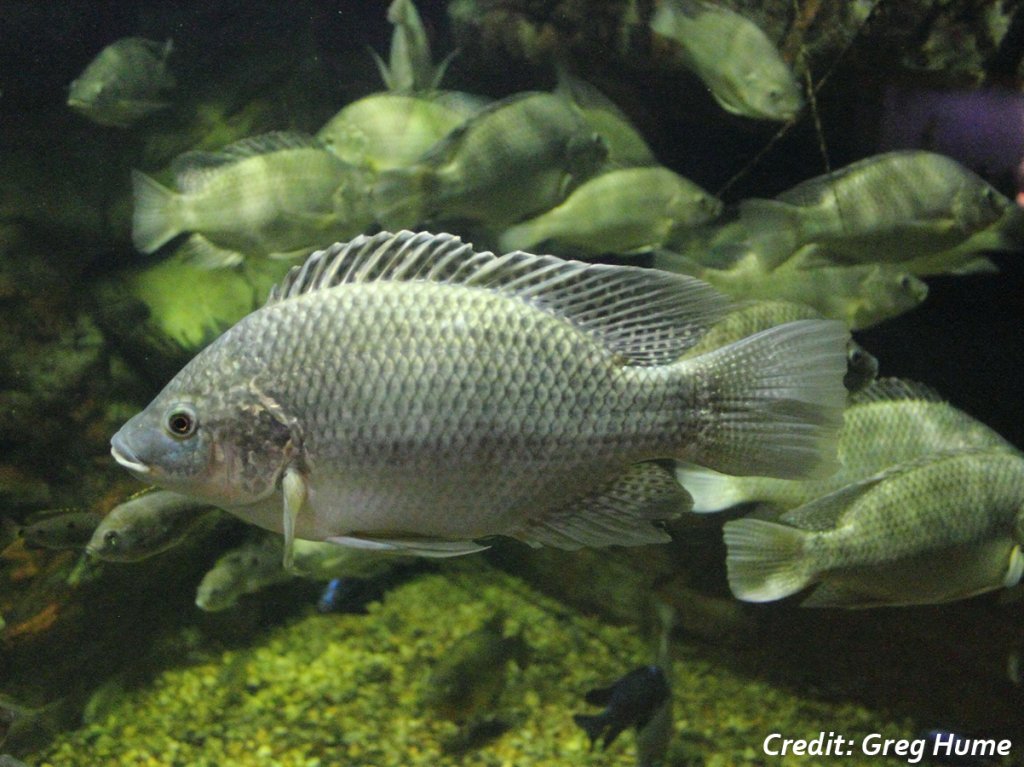The development of acclimation salinity-based rearing strategies to maximize growth in Mozambique Tilapia, Oreochromis mossambicus
PRINCIPAL INVESTIGATOR: Andre Seale
Co-INVESTIGATORS: Kevin Weng
Graduate Trainee: Keano Pavlosky

With the increased pressure on global fish populations, demand for sustainable aquaculture has risen dramatically. Developing and maintaining a safe and sustainable seafood supply, therefore is of critical importance. The farming of fish such as tilapia, which can feed lower in the food chain and can adapt to a variety of environmental conditions, provides an advantage in production and cost. Tilapia are also the second most commercially aquacultured species, after carp, and our studies on the physiology of growth and development in this species are aimed at improving rearing conditions that can be applied in the aquaculture industry. Our studies are based on the idea that growth and environmental adaptation are regulated through the orderly release of hormones by the neuroendocrine system, which integrates information from genes and the environment. We have found that salinity fluctuations between fresh water and seawater can increase growth rates in tilapia. Through our studies we will be able to determine how different salinities have an effect on growth and provide first-hand knowledge that will increase growth rates and thereby production of fish farmers in Hawaii and the Pacific region, while diminishing the reliance on costly fresh water resources.

